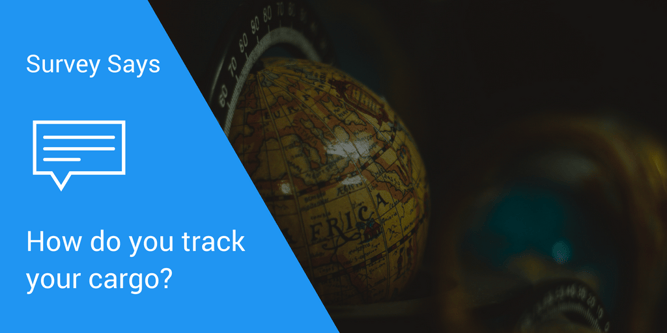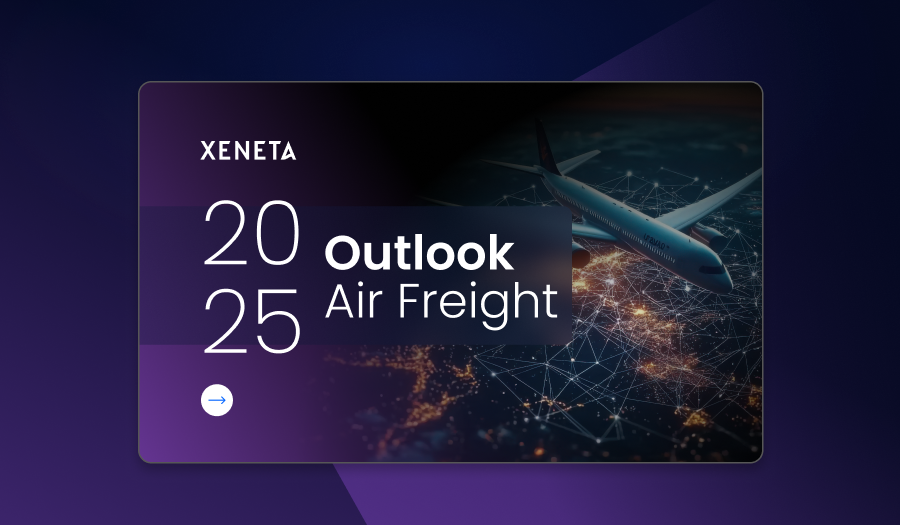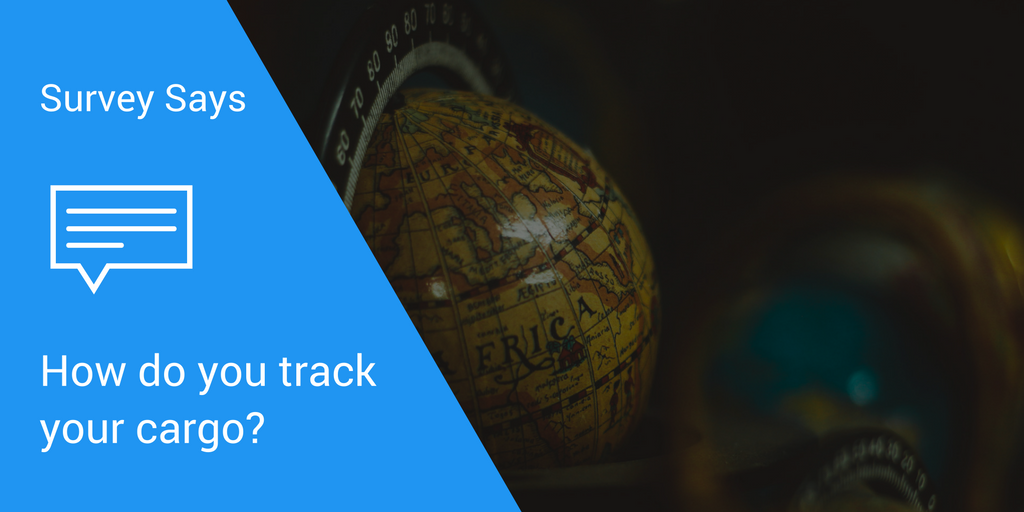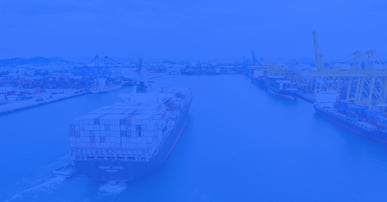
Tracking cargo is getting a makeover these days. Gone are the days when shippers receive a random phone call announcing a shipment has arrived at the port after several weeks on the sea. Today, there are a growing number of ways of tracking cargo and there are more and more reasons to do so – location, temperature-monitoring, losses, vibrations etc. We asked our social media friends, how do they track cargo?
Survey Says….
About 50% the respondents indicated they track cargo via their freight forwarder while 30% use carriers’ websites and 10% each did not track cargo or they tracked it by another means.
Tracking Cargo Gets Digital
In a previous blog post, we highlighted how 3PLs, carriers and others involved in our industry are taking advantage of technology to offer shippers an assortment of digital tools to provide them more control over their supply chain. Indeed, comments from this week’s survey do indicate that more and more folks are taking advantage of digital tools.
Real-time tracking capabilities have quickly become a norm. As Walter Tapia, Analyst with Xylem, noted on LinkedIn, he receives “alerts of tracking and tracing in real-time direct to my email.”
Meanwhile, Brenda Bruch, Business Development with American Freight Systems Inc. commented, “We have GPS units in our trailers and we have our own dispatchers working 24/7.” Hats off to the dispatchers working 24/7, talk about dedicated customer service! GPS technology is also a great way to monitor cargo for security and insurance purposes.
“It would be great if we can get a complete a tracking system regardless of vendor…nowadays you need to consult every vendor’s website.” – Carlos Maturana Franco, Logistics Manager from Colombia. You’re in luck Carlos, a number of online freight marketplaces allow for this capability in addition to comparing rate among various providers. Our previous survey results indicated that a growing number of shippers (35% of total responses) are taking advantage of these marketplaces to book freight.
Tracking 10 Years From Now
There are a growing number of options for tracking your cargo. How you track cargo today has changed from 5 to 10 years ago and will likely change in the next 5 to 10 years from now thanks to technology.
Continue the conversation on LinkedIn or let us know your thoughts below.
Related reading: What Is The Difference Between A NVOCC And A Freight Forwarder?
Track Your Ocean Freight Spend Against Market Movements
Want to know what Xeneta is and how it works? Join our 15-minute product demo running weekly.


-1.jpg)



